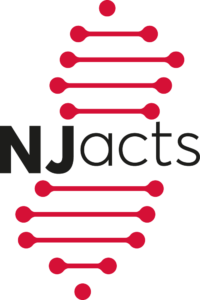 Please read Dr. Lum’s article in Nature titled, “Intragenic DNA inversions expand bacterial coding capacity.“
Please read Dr. Lum’s article in Nature titled, “Intragenic DNA inversions expand bacterial coding capacity.“
Adaptation is a cornerstone of survival for any species. In the complex gut microenvironment, bacteria experience many stressors including nutritional and niche competition, oxidative and nitrosative stress, and antibiotics. To overcome these challenges, bacteria may activate specific response programs which alter transcriptional or translational profiles promoting survival during these conditions. Additionally, bacterial daughter cells may acquire mutations, such as single nucleotide variations or small insertions or deletions, within genes. These gene alterations can then promote survival in the right circumstances. For example, mutations in drug targets, efflux pumps, or their regulators can provide increased resistance to antibiotics. While many of these gene-varying mutations in bacteria are semi-reproducible, meaning that nucleotide alterations will occur in the same region of a genome under a similar environmental stressor, most are not reversible and may be costly when the stimulus is removed. To read the full article.
Intragenic DNA inversions expand bacterial coding capacity. Chanin RB, West PT, Park RM, Wirbel J, Green GZM, Miklos AM, Gill MO, Hickey AS, Brooks EF, Bhatt AS. 2024 Oct; 634(8032):234-242. PMID: 36945655 PMCID: PMC10028968 DOI: 10.1101/2023.03.11.532203
